Eco-friendly Epoxy Resin, GREEN DENACOL
What is GREEN DENACOL?
GREEN DENACOL is a bio-based epoxy resin made from plant-derived raw materials. By switching the starting materials from petroleum-based to bio-based, it enhances sustainability and contributes to reducing CO2 emissions.

This product has been certified as a bio-based product under the USDA BioPreferred Program and has obtained the Biomass Mark certification from the Japan Organics Recycling Association (JORA), demonstrating its quality and reliability.
Learn more about GREEN DENACOL
Product lineup
SWIPE
| Product name |
| GEX-313Hot Grade |
| GEX-512Hot Grade |
| GEX-521Hot Grade |
| GEX-622Hot Grade |
| GEX-614BHot Grade |
| GEX-252Hot Grade |
| Product name |
| Product name | Chemical name | Epoxy equivalent (g/eq.) |
Viscosity (mPa・s) |
Biobased content (%) |
Total chlorine content (%) |
Color value (APHA) |
Water solubility (%) |
Application example | Catalogue | |
| GEX-313 Hot Grade | Glycerol Polyglycidyl Ether |
141 | 150 | > 99 | 9 | 10 | 99 | Paint、 Adhesive、 Textile |
Details | |
| GEX-512 Hot Grade | Polyglycerol Polyglycidyl Ether | 168 | 1,300 | > 99 | 6.5 | 40 | 100 | Paint、 Adhesive、 Textile |
Details | |
| GEX-521 Hot Grade | Polyglycerol Polyglycidyl Ether |
183 | 4,400 | > 99 | 6.4 | 10 | 100 | Paint、 Adhesive、 Textile |
Details | |
| GEX-622 Hot Grade | Sorbitol Polyglycidyl Ether |
191 | 11,800 | > 99 | 19.4 | 2(G) | Insoluble | Paint、 Adhesive、 Textile |
Details | |
| GEX-614B Hot Grade | Sorbitol Polyglycidyl Ether |
173 | 5,000 | 80 | 10.1 | 3(G) | 94 | Paint、 Textile |
Details | |
| GEX-252 Hot Grade | Hydrogenated Bisphenol A Diglycidyl Ether | 213 | 2,200 | 32 | 4.5 | 10 | Insoluble | Crosslinker for paint、 UV curing resin |
Details | |
| Product name | Chemical name | Epoxy equivalent (g/eq.) |
Viscosity (mPa・s) |
Biobased content (%) |
Total chlorine content (%) |
Color value (APHA) |
Water solubility (%) |
Application example | Catalogue |
※(G):Gardner
※(G):Gardner
SWIPE
Uses of GREEN DENACOL
Epoxy crosslinker
Epoxy crosslinkers are chemicals containing two or more epoxy groups that bond with the functional groups of target polymers through heat or light-induced crosslinking reactions. This crosslinking reaction alters the molecular weight and chemical structure of the polymer, providing benefits such as improved properties like water resistance and solvent resistance, as well as the addition of functionalities like flexibility or water solubility.
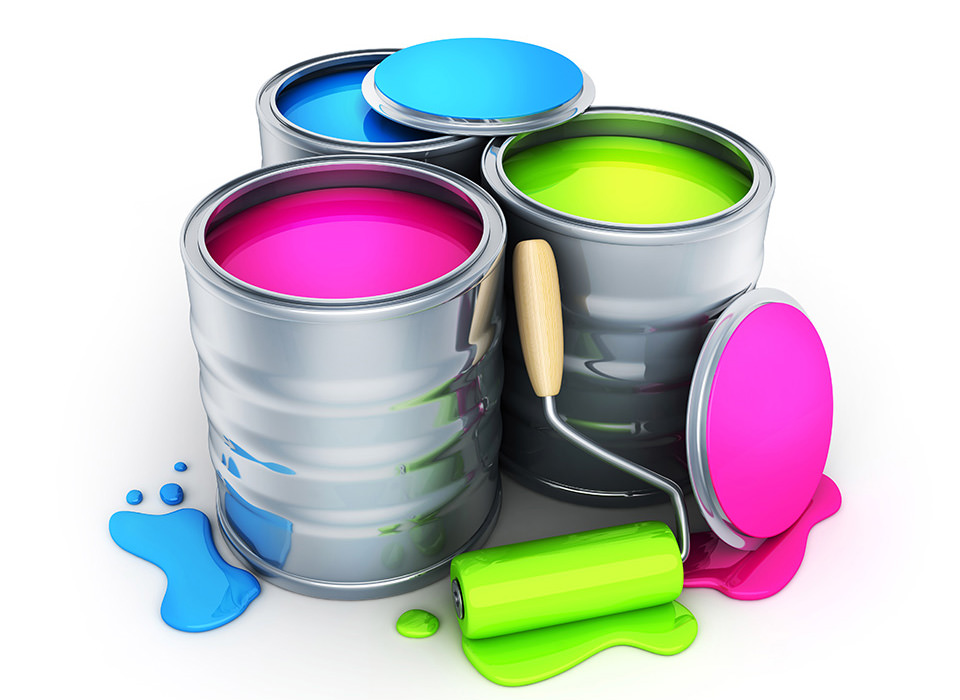
It is essential to select a product that suits your specific application and purpose.
Epoxy flexibilizer
DENACOL, as a flexibility modifier, can improve the hardness and brittleness of epoxy resins, enhancing their flexibility, impact resistance, and toughness.
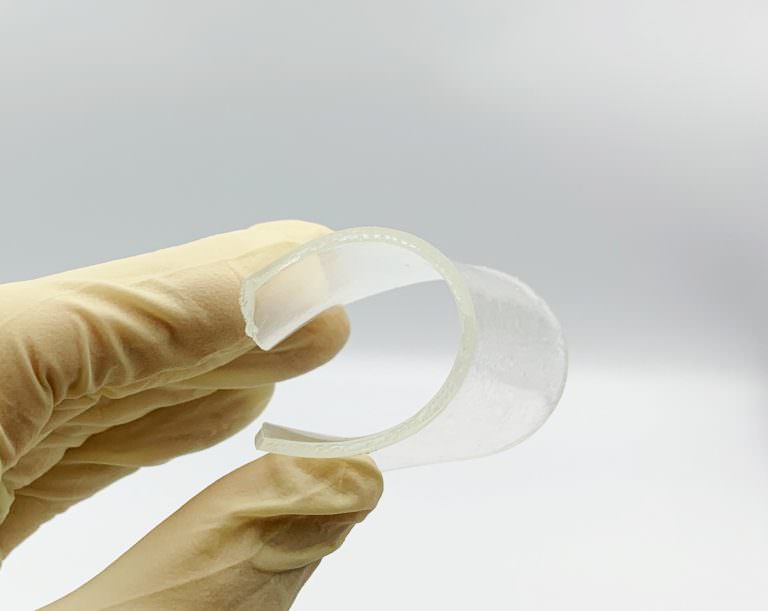
Resin modifier
DENACOL can be used as a resin modifier to impart various functionalities, such as hydrophilicity, hydrophobicity, improved hardness, and enhanced adhesion. By using resin modifiers, it is possible to effectively add these functional properties.
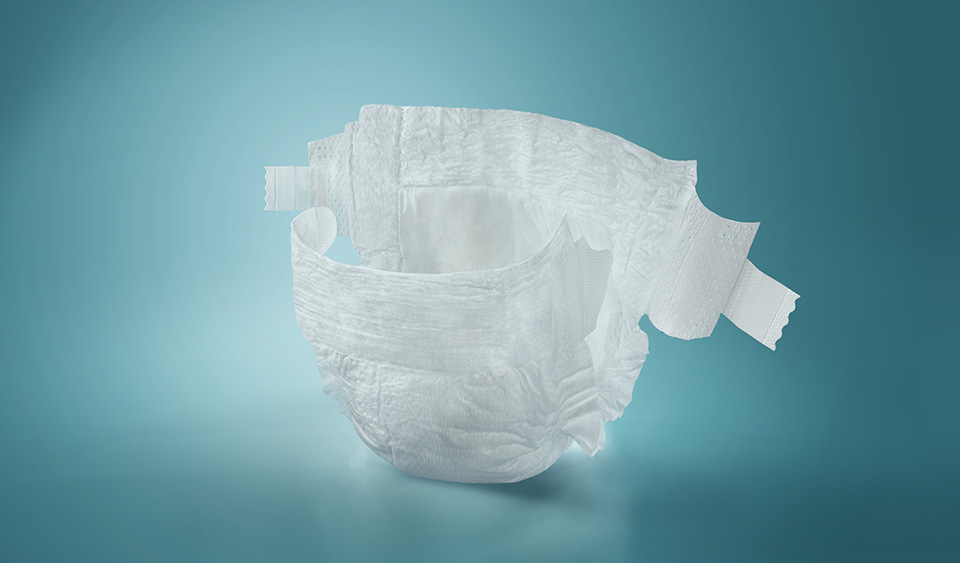
Let’s go green!
GREEN DENACOL is a product that combines high reactivity and functionality while being environmentally friendly.
For sample requests or more detailed information, please feel free to contact us.
Learn more about GREEN DENACOL
What is eco-friendly epoxy resin?
Epoxy resin is a thermosetting resin component that is used in a wide range of fields, including paints, adhesives, and delicate items such as electronic components
However, traditional epoxy resins have been criticized for their environmental impact, such as being petroleum-derived and raising concerns about volatile organic compounds (VOCs). As a result, eco-friendly epoxy resins that consider sustainability are gaining attention
This section provides a detailed explanation of the types, characteristics, and applications.
Types of eco-friendly resin/epoxy resin
Bio-based epoxy resin
Bio-based epoxy resins are made using materials derived from biological or renewable agricultural materials, such as vegetable oils, starches, and cellulose.
Overview (features/environmental benefits)
Bio-based epoxy resins use plant-derived raw materials for their main structure while offering functionality comparable to conventional epoxy resins. Due to environmental regulations and considerations, they can be relatively easily substituted for traditional epoxy resins. In particular, depending on the application, improvements in durability and heat resistance can also be expected.
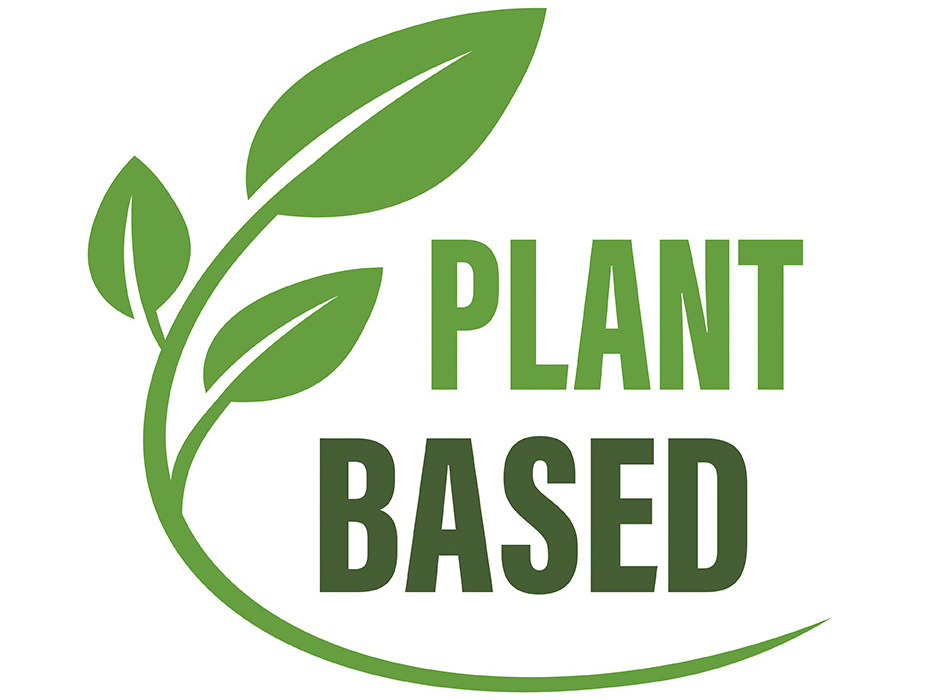
Applications
The main industrial uses of bio-based epoxy resins include adhesive applications, paints, coatings, and fabric finishing.
Related article
VOC-free epoxy resin
VOC-free epoxy resins reduce solvent use and VOC emissions, making them safer and more eco-friendly for indoor use.
Overview (features/environmental benefits)
VOC-free epoxy resins are epoxy resins that generate little to no volatile organic compounds (VOCs). Their low VOC emissions help reduce impacts on both human health and the environment.
It can also impart properties such as water resistance and chemical resistance, making it widely used in adhesives and coatings.
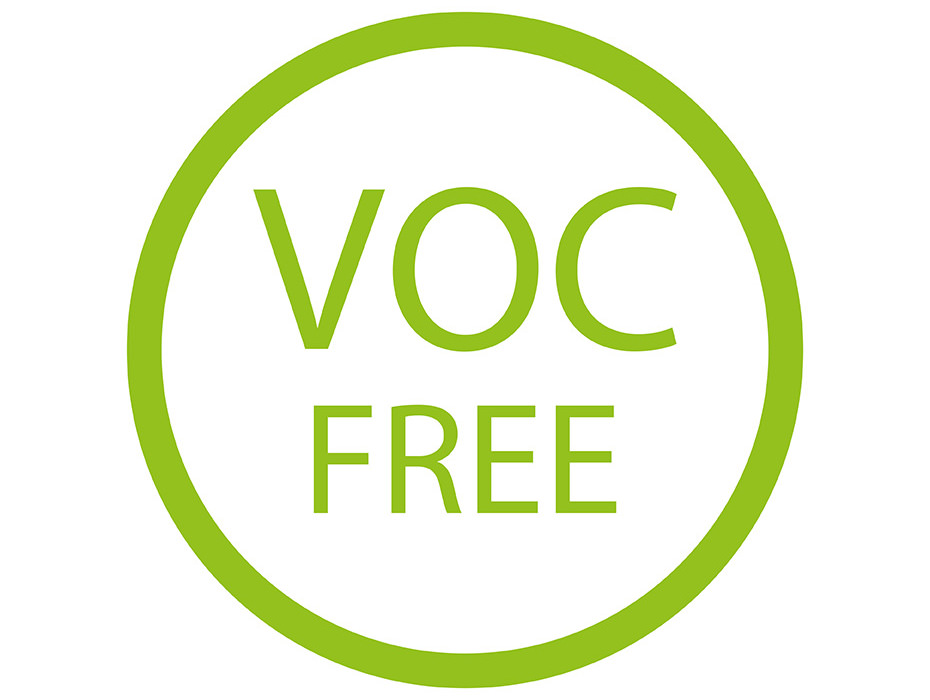
Applications
Applications of VOC-free epoxy resin include adhesive use, car paint, and printed circuit board paint.
Water-soluble epoxy resin
Water-soluble epoxy resin is a resin that dissolves in water.
Overview (features/environmental benefits)
Water-soluble epoxy resins do not require the use of organic solvents, significantly reducing the generation of volatile organic compounds (VOCs). When applied to coatings, they can enhance adhesion, corrosion resistance, and chemical resistance, making them suitable for uses such as indoor floor coatings.
Furthermore, their high versatility, due to diverse reactivity, allows them to be applied across a wide range of applications.
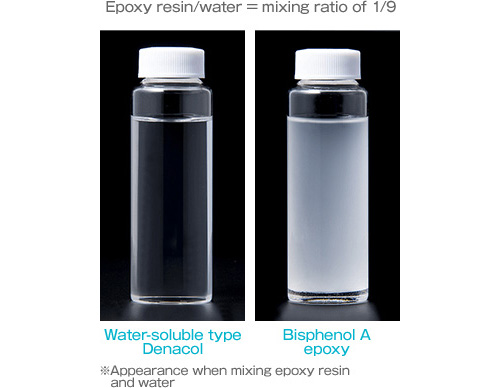
Applications
Applications of water-soluble epoxy resin include floor coating, fabric finishing, and adhesive use.
Low-chlorine epoxy resin
Low-chlorine epoxy resin is a type of epoxy resin formulated to minimize the amount of chlorine content.
Overview (features/environmental benefits)
Low-chlorine epoxy resins are epoxy resins with reduced chlorine content as an impurity in their structure. They are suitable for use in electronic materials and coatings because they help prevent chlorine-induced quality degradation, such as wiring corrosion on printed circuit boards.
Additionally, they can prevent the generation of harmful gases during combustion, contributing to the prevention of air pollution.
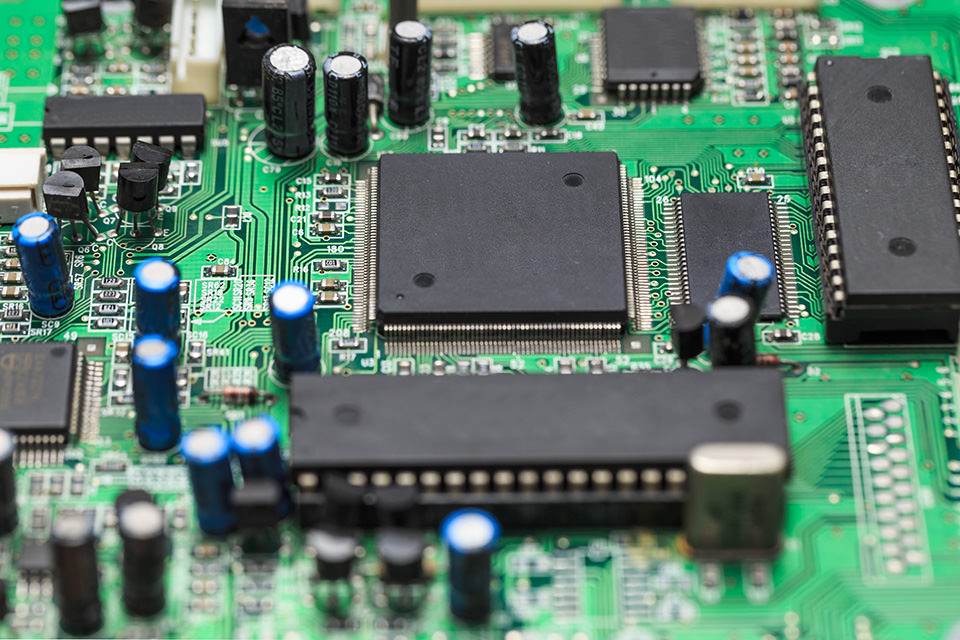
Applications
Applications of low chlorine epoxy resin include electronic parts and paints.
Learn more about Low-chlorine content grade
Inquiries and Sample Requests
For more information or sample requests, please feel free to contact us.


